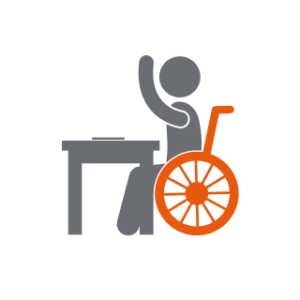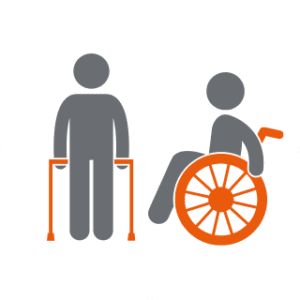
922
Our online support group,
the Back Up Lounge, was
attended 922 times.

211
211 children and young people
have been supported across all
services.

31,401
Our range of in-person and online
services have been accessed
31,401 times in 2023/24.

221
221 people were supported
through our mentoring service.